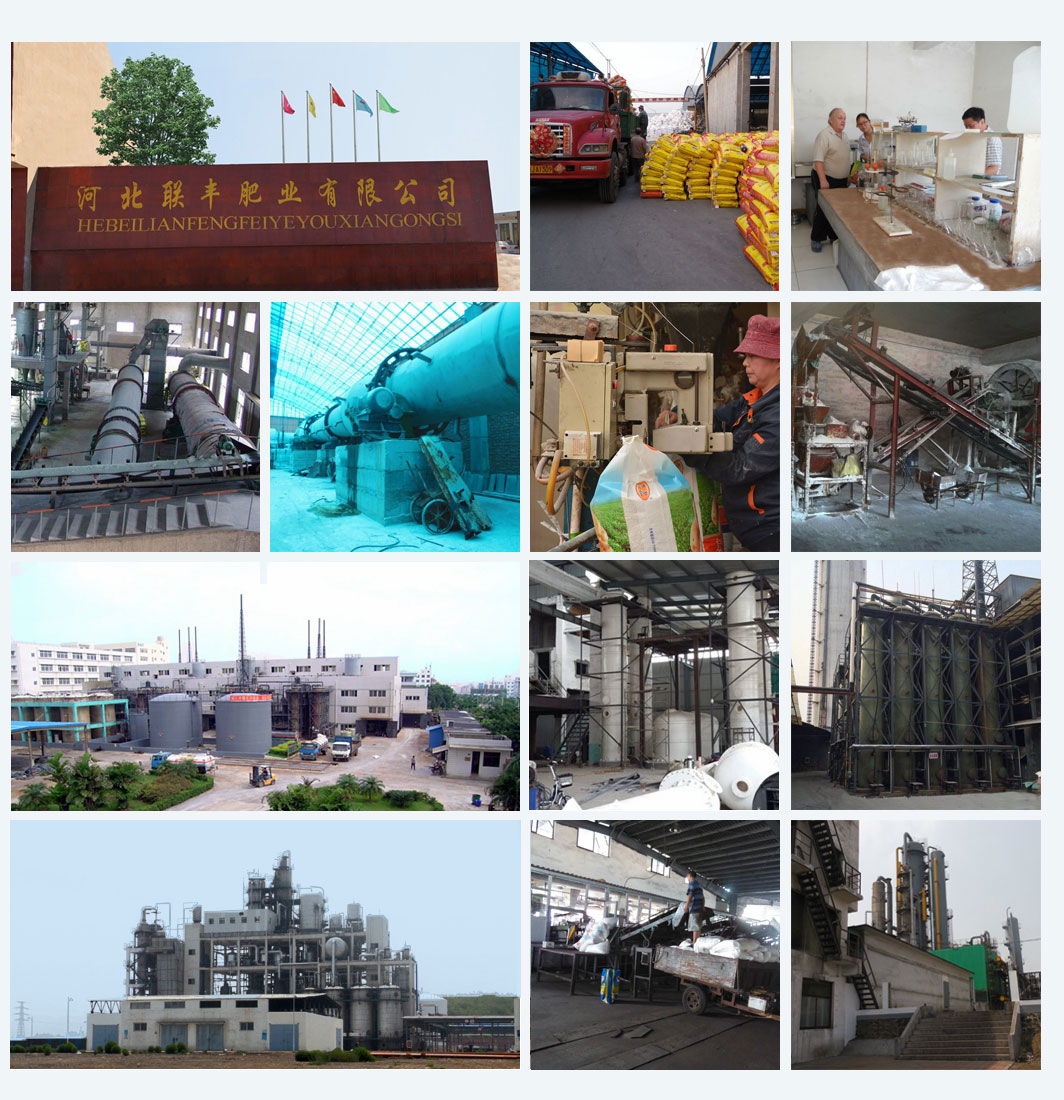
Nov . 03, 2024 04:06 Back to list
npk fertilizer for maize
Understanding NPK Fertilizers for Maize Cultivation
Maize, also known as corn, is one of the most important staple crops worldwide. Its cultivation requires significant attention to nutrient management, particularly through the use of fertilizers. Among the various types of fertilizers available, NPK fertilizers play a crucial role in supporting healthy maize growth and high yields. NPK stands for nitrogen (N), phosphorus (P), and potassium (K)—three key nutrients essential for plant development.
1. Role of NPK Nutrients in Maize Growth
- Nitrogen (N) This nutrient is fundamental for maize, especially in promoting vigorous leaf development and overall plant growth. Nitrogen is a critical component of chlorophyll, which facilitates photosynthesis. Adequate nitrogen levels lead to lush green foliage, which is essential for capturing sunlight and producing energy for the plant.
- Phosphorus (P) Phosphorus is vital for root development and energy transfer within the plant. It is critical during the early stages of growth, as it aids in establishing a strong root system, which is important for nutrient uptake and resilience against environmental stresses. Additionally, phosphorus contributes to the formation of flowers and kernels, directly impacting the yield.
- Potassium (K) Potassium enhances the plant's ability to withstand stress, such as drought and disease. It plays a role in regulating water uptake and distribution within the plant. Adequate potassium levels improve the quality of the maize grains and contribute to increased resistance to pests and diseases.
npk fertilizer for maize

NPK fertilizers come in various formulations, each with different ratios tailored to specific crops and growth stages. For maize, an NPK ratio of around 10-20-20 is often recommended, varying slightly depending on soil tests and specific growth needs. The right balance ensures that maize plants receive optimal levels of each nutrient throughout their growth cycle. Soil testing before application can help in determining the necessary adjustments to achieve the desired nutrient balance.
3. Application Timing and Methods
The timing and method of applying NPK fertilizers are critical for maximizing their effectiveness. For maize, it is generally advisable to apply nitrogen during the vegetative growth stage, as this is when the demand is highest. Phosphorus can be incorporated into the soil at planting to promote early root development, while potassium may be applied throughout the growing season, especially during the grain-filling stage.
4. Environmental Considerations
While NPK fertilizers are beneficial for maize growth, their use must be managed carefully to minimize environmental impact. Overapplication can lead to nutrient runoff, water pollution, and soil degradation. Sustainable practices, such as integrated nutrient management, can enhance maize productivity while protecting natural resources.
In conclusion, NPK fertilizers are indispensable for successful maize cultivation. By understanding the roles of nitrogen, phosphorus, and potassium, along with their appropriate application methods and timing, farmers can significantly improve maize yields and contribute to global food security. Proper nutrient management not only supports plant health but also promotes sustainable agricultural practices essential for future generations.
-
10 10 10 Fertilizer Organic—Balanced NPK for All Plants
NewsJul.30,2025
-
Premium 10 10 10 Fertilizer Organic for Balanced Plant Growth
NewsJul.29,2025
-
Premium 10 10 10 Fertilizer Organic for Balanced Plant Growth
NewsJul.29,2025
-
Premium 10 10 10 Fertilizer Organic for Balanced Plant Growth
NewsJul.29,2025
-
50 Pound Bags of 13-13-13 Fertilizer for All Plants – Bulk & Organic Options
NewsJul.28,2025
-
High-Efficiency 15-30-15 Granular Fertilizer for Healthy Crops
NewsJul.28,2025
